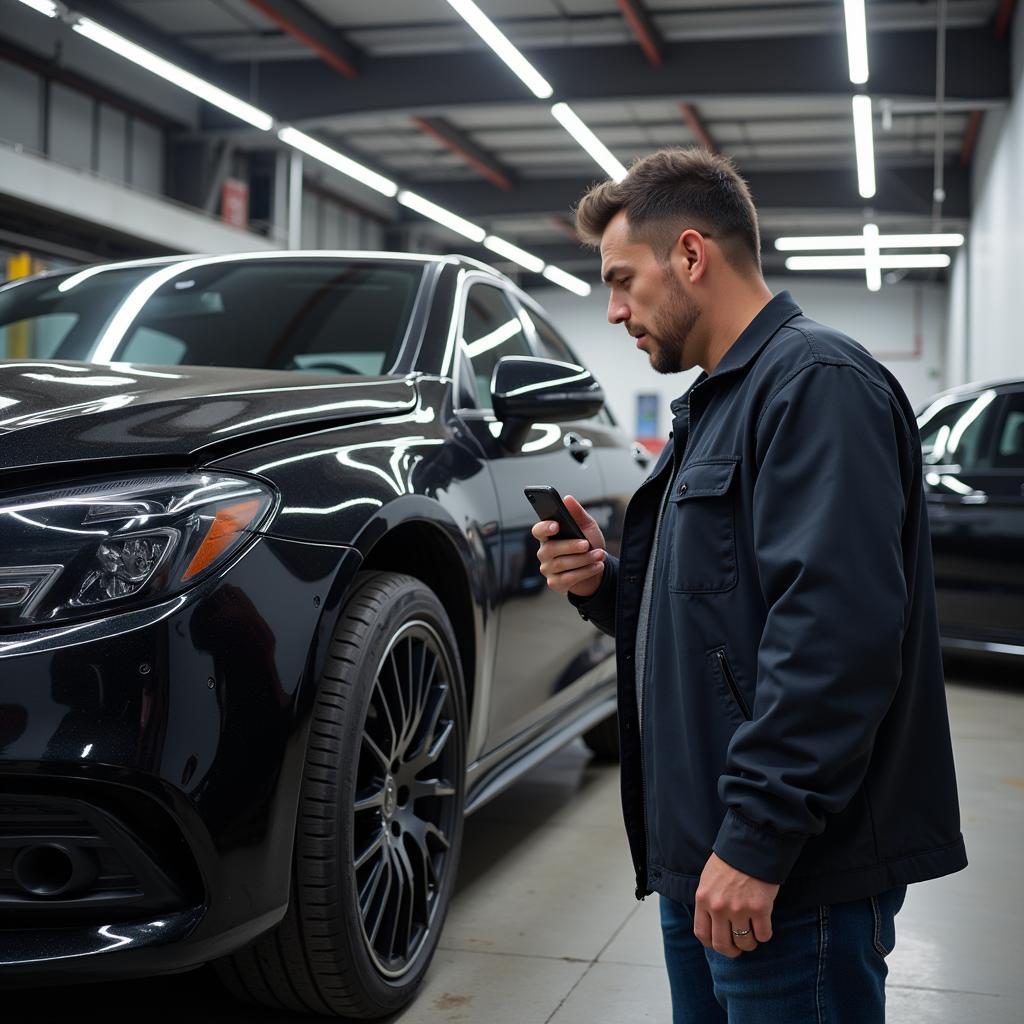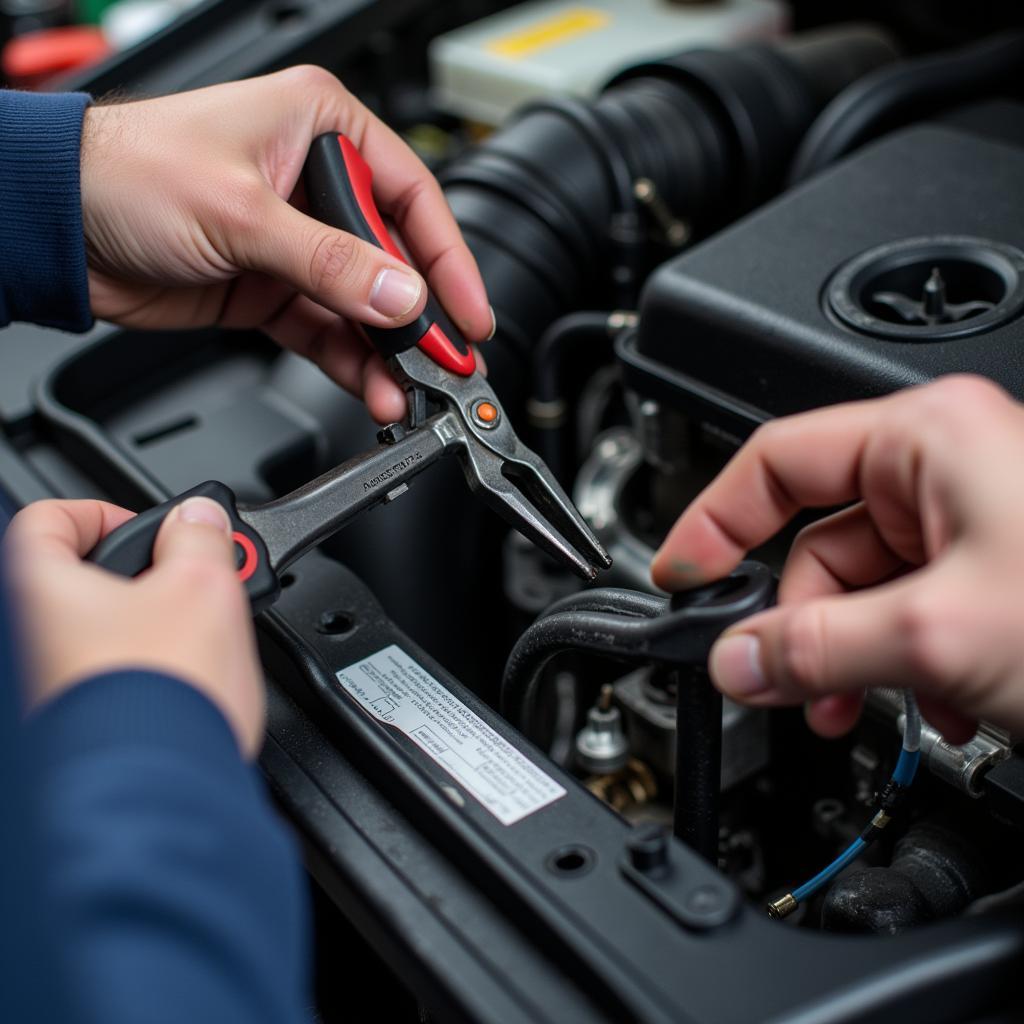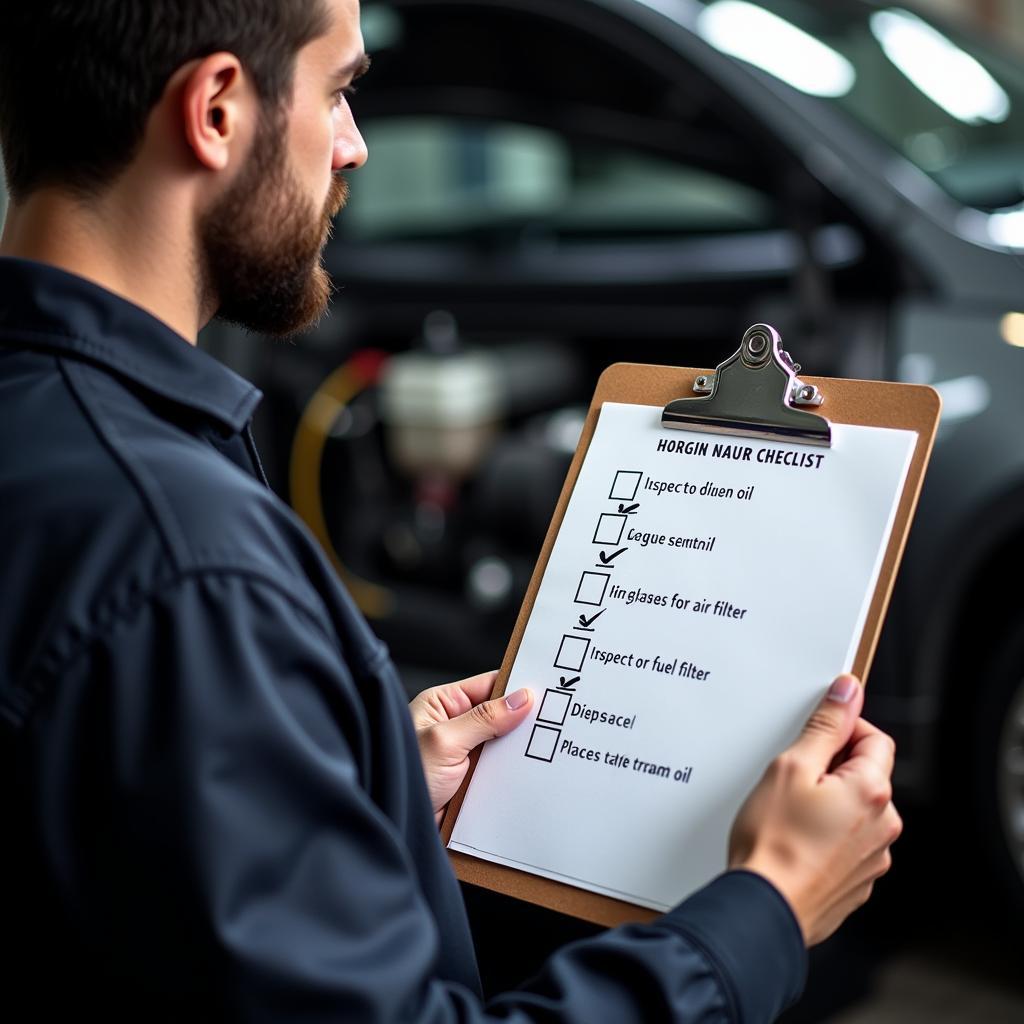Can a Dealership Refuse to Service a Car?
You meticulously maintain your car, diligently scheduling service appointments and addressing any issues that arise. But what happens when the dealership, the seemingly obvious choice for service, refuses to work on your car? It might seem baffling, especially if you’ve been a loyal customer. While it’s uncommon for dealerships to outright refuse service, it can happen under certain circumstances.
This article delves into the reasons why a dealership might decline service, your rights as a car owner, and the steps you can take if you find yourself in this situation.
Understanding Dealership Service Obligations
It’s important to understand that dealerships, while authorized to service specific car brands, aren’t obligated to service every vehicle that rolls in, unlike, say, a hospital obligated to provide emergency medical care. Their primary responsibility is to uphold the warranty provided by the manufacturer and conduct recall repairs.
Reasons Why a Dealership Might Refuse Service
While dealerships aim to cater to their customers, several factors can lead to a refusal of service:
- Overbooked Schedule: Like any service-oriented business, dealerships struggle with capacity issues. An influx of appointments, especially for urgent repairs or recalls, can limit their bandwidth, leading to service deferrals or refusals.
- Vehicle Modification: Extensive modifications, particularly those impacting safety or emissions systems, can be a major deterrent. Dealerships are wary of assuming liability for issues stemming from aftermarket parts or modifications outside manufacturer specifications.
 Car Modification Refusal
Car Modification Refusal - Lack of Service History: While not a universal reason for refusal, a missing service history can raise concerns for dealerships. Without documented proof of regular maintenance, they might hesitate to service a car, especially if it requires extensive repairs or has pre-existing issues.
- Vehicle Age or Condition: Older vehicles, especially those with significant wear and tear, might be deemed too risky or labor-intensive to service by some dealerships. They might lack the specialized technicians or parts needed for older models, leading to a service refusal.
- Behavior Issues: Unfortunately, instances of customer misconduct can lead to service refusal. Abusive behavior towards staff, consistent payment issues, or unreasonable demands can force a dealership to prioritize a safe and respectful work environment.
What to Do When a Dealership Refuses Service
Being denied service can be frustrating, but it’s crucial to handle the situation calmly and strategically:
- Inquire About the Reason: Don’t hesitate to ask for a clear explanation for the service refusal. Understanding their reasoning can help you address the issue or seek alternatives.
- Request Documentation: If the reason for refusal seems unjustified or discriminatory, request a written explanation. This documentation can be helpful if you need to escalate the matter further.
 Documenting Service Refusal
Documenting Service Refusal - Explore Other Options: A service refusal from one dealership doesn’t equate to a dead end. Explore other dealerships of the same brand, independent mechanics specializing in your car’s make and model, or reputable national chains.
- Know Your Rights: Familiarize yourself with your state’s consumer protection laws, especially those pertaining to car repairs and warranties. Organizations like the Better Business Bureau can offer guidance and support in case of disputes.
- Consider Alternative Solutions: If your car requires minor service or maintenance, explore DIY options or seek assistance from mechanically inclined friends or family. Numerous online resources offer detailed guides and tutorials for basic car maintenance tasks.
Proactive Measures to Avoid Service Refusals
While service refusals can occur, adopting proactive measures can minimize the risk:
- Maintain a Detailed Service History: Keep meticulous records of all service appointments, repairs, and part replacements. A well-documented service history assures dealerships of responsible car ownership and facilitates smoother service experiences.
- Communicate Modifications Clearly: If your car has modifications, inform the dealership beforehand. Provide detailed information about the modifications, including parts used and installation procedures. Transparency can help dealerships assess the feasibility of servicing your vehicle.
- Establish a Relationship with a Dealership: Regular service appointments at a specific dealership can foster a relationship and familiarity. This connection might prove beneficial in securing service appointments, even during peak periods.
Conclusion
While the thought of a dealership refusing to service your car can be unsettling, it’s not an insurmountable hurdle. By understanding the potential reasons for refusal, knowing your rights, and considering alternative solutions, you can navigate this situation effectively. Remember, proactive measures like maintaining a thorough service history and open communication about modifications can significantly reduce the likelihood of facing such a scenario. If you are unsure about whether to buy a car without service history, check out our detailed guide on Should I buy a car without service history?.
FAQs
1. Can a dealership refuse to service my car if it’s under warranty?
While dealerships are obligated to honor warranty repairs, they might refuse service if the issue falls outside the warranty scope, like damage from an accident or lack of proper maintenance.
2. Can I be refused service for declining additional services offered by the dealership?
Dealerships cannot refuse essential services based on your declination of additional services. However, it’s essential to differentiate between necessary repairs and optional add-ons.
3. What should I do if I believe a dealership is unfairly refusing service?
Document all interactions, including dates, times, and individuals involved. Seek legal advice or file a complaint with your state’s consumer protection agency or the Better Business Bureau.
4. Can a dealership void my warranty if I get my car serviced elsewhere?
No, under the Magnuson-Moss Warranty Act, dealerships cannot void your warranty solely because you had your car serviced at an independent mechanic. However, the repair shop must use manufacturer-approved parts and follow recommended service procedures.
5. Should I always take my car to a dealership for service?
While dealerships specialize in specific car brands, they aren’t always the only option. Independent mechanics, especially those specializing in your car’s make and model, can offer quality service at potentially lower costs.
For more insights on handling car dealership issues, explore our articles on how to complain about car dealership service and how to get out of a car service contract.
Need help navigating a car service issue or exploring alternative options? Reach out to our expert team via WhatsApp at +1(641)206-8880 or email us at [email protected]. We’re available 24/7 to provide guidance and support.

